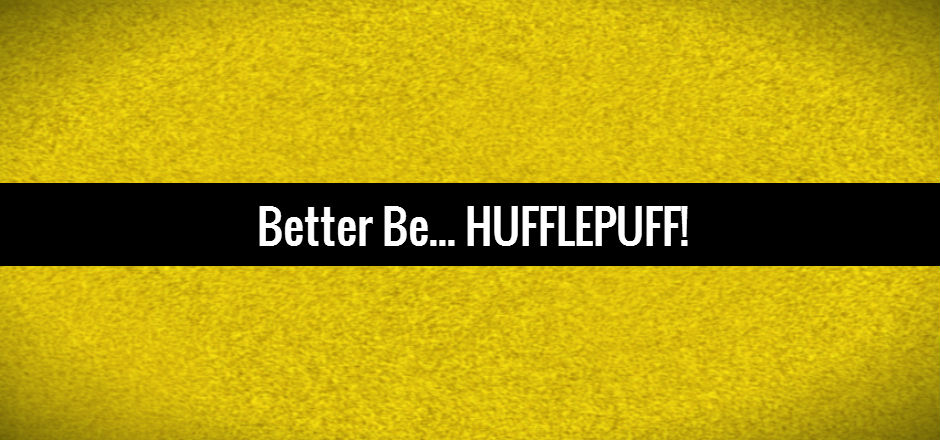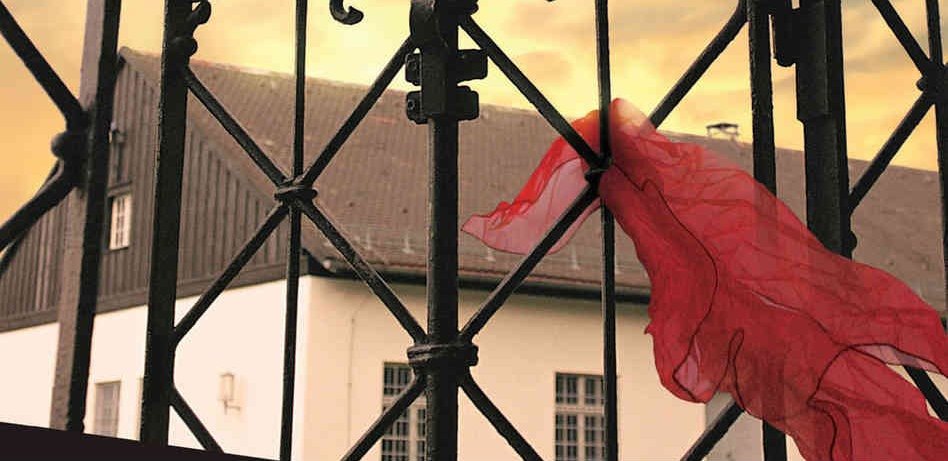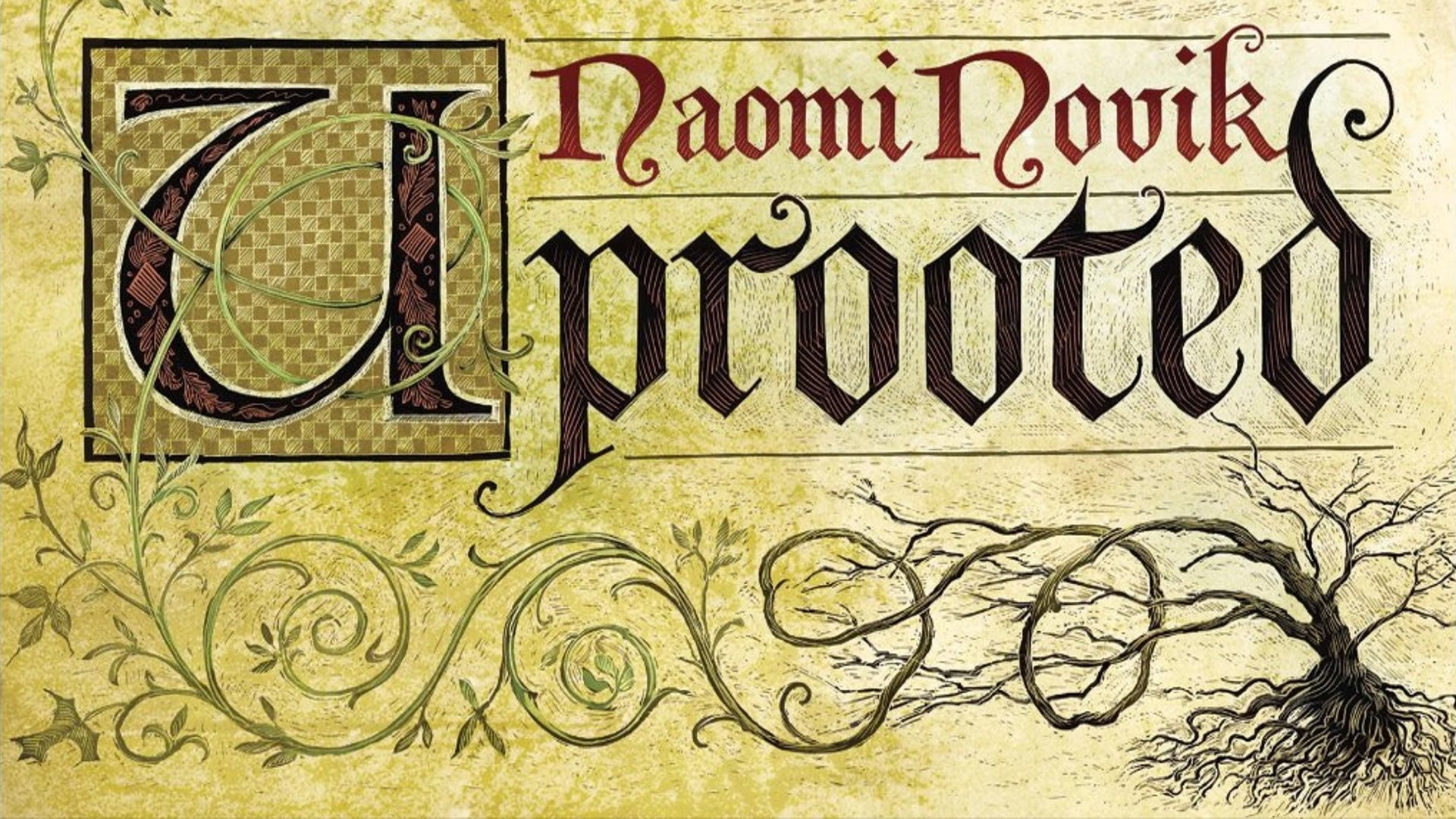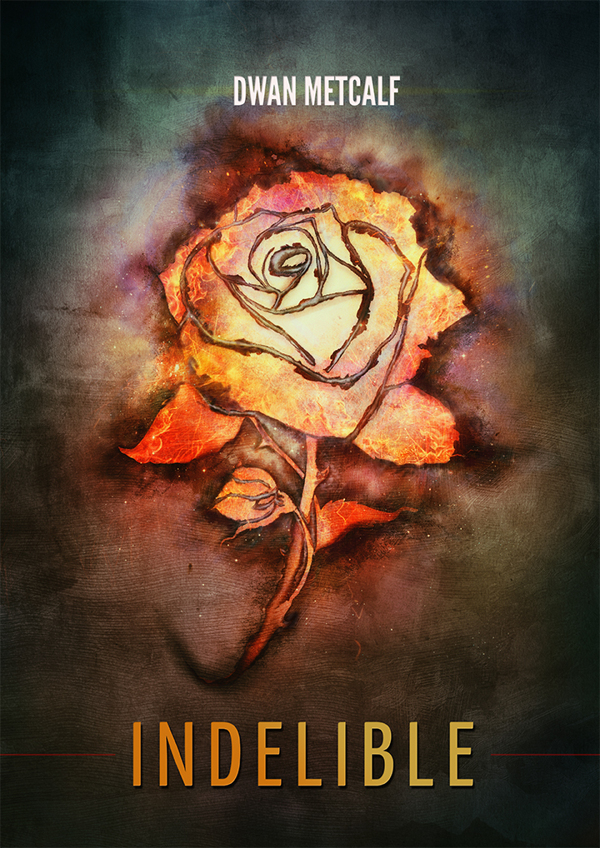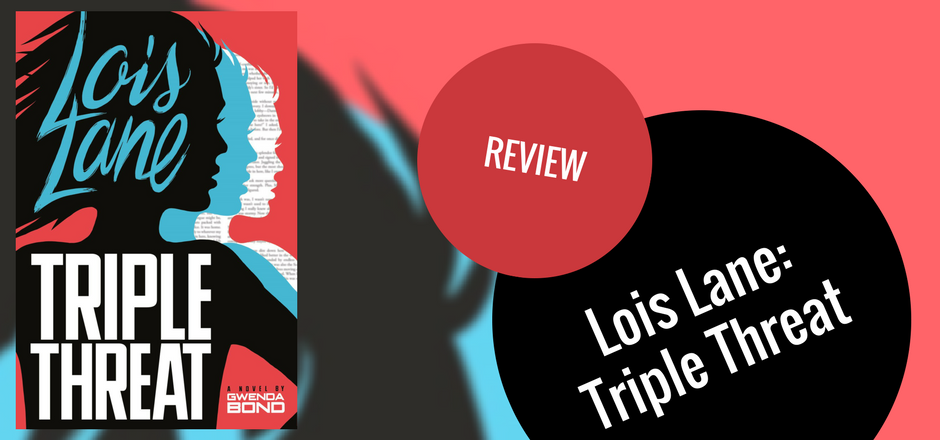Hogwarts house affiliation has become a surprisingly regular topic of conversation among my friends. I’ve always identified as a Ravenclaw, and when the Pottermore quiz confirmed it I was so relieved I was giddy. On the flip side, a friend of mine who always thought of herself as a Gryffindor was sorted into Hufflepuff and went through an identity crisis. Those of us who grew up devouring everything Harry Potter related have a lot of emotional investment in their houses.
After all, the house you choose says a lot about you. I identify with the Ravenclaws because it seems like the house where I could find other nerds. My friend who turned out to be a Hufflepuff is very sweet and the most loyal friend you could ever ask for – and she’s embraced the badger because of those qualities.
But everyone has elements of all four houses within them. And in the world of Harry Potter, many of the major characters could’ve fit into different houses when they were sorted. After all, who really knows what they want to be like when they’re eleven?
Harry chose Gryffindor – or at least, not Slytherin – because of what other people told him, and not necessarily because he wanted to be seen as brave and lionhearted. And Draco Malfoy probably couldn’t even imagine being in any other house but Slytherin because of his family.
But if those two had switched houses, or had been in either Ravenclaw or Hufflepuff, I think it’s possible that they would have ended up being very different people.
If Harry spent all of his time with Slytherins, who value prestige and appearance, he might have been more inclined to exploit his status as The Boy Who Lived. Without Ron there to remind him what it’s like to grow up with nothing, he might have learned to lord his wealth over other people as well. He might have ended up a lot like the Malfoy we love to hate.
But if Malfoy had ended up with Gryffindors, who value bravery and loyalty, maybe he would’ve treated his friends as equals and learned to put others before himself. Malfoy isn’t evil – the idea of murder makes him sick, and his desire to be a Death Eater is more about pleasing his family than anything else. If, like Sirius Black, he had ended up in a house that ostracized him from his family, he might have been able to nurture that instinct into real human compassion.
But the Gryffindors and Slytherins are at very opposite ends of a spectrum. In a way they both value glory over anything else; it’s the way they seek it that differentiates them. The other two houses are more moderate, and tend to produce more well-rounded characters.
For example, many Hufflepuffs show a considerable amount of bravery. Nobody would dare claim that Cedric Diggory or Tonks weren’t brave, and Professor Sprout is quietly awesome. Not to mention that the majority of Hufflepuffs stayed to fight in the Battle of Hogwarts when they could’ve left. Harry wasn’t one of their own, but when Pansy Parkinson suggested they give him over to Voldemort, the Hufflepuffs were having none of it, even though they could have saved their own necks.
But because Hufflepuff House fosters an environment of kindness and generosity, their bravery is often overlooked. If the Sorting Hat had interpreted Harry’s wish for ‘not Slytherin’ as ‘put me in Hufflepuff,’ he might have had an easier time with his angsty period in Harry Potter and the Order of the Phoenix. If he was surrounded by intuitive listeners and people who put others before themselves, perhaps he wouldn’t have come so close to driving his friends away.
And if he had been in Ravenclaw, and grown up learning to be highly logical, he might not have fallen into the trap that led to Sirius Black’s death. The hero complex that makes him such a quintessential Gryffindor – one that was encouraged and rewarded by being in that house – might not have established itself so strongly if he was in a more moderate house.
And if Harry and Malfoy had been in Ravenclaw and Hufflepuff instead of Gryffindor and Slytherin, I think there’s a chance they might have been friends. There isn’t really a rivalry between the raven and the badger, and if there is, it’s nowhere close to the intensity of the Gryffindor-Slytherin feud. Harry and Malfoy have a lot in common when you put their houses aside.
They were both born into well-known families, and though Harry didn’t know about his inheritance until he was eleven, neither one had to worry about money. They are both also trying to live up to their fathers – Harry is constantly reminded of how like James he is, and everything Malfoy does is to try and impress Lucius. They also both have loving mothers who are willing to sacrifice everything for them.
Perhaps most strikingly, they both rely on two loyal friends for support. Malfoy treats Crabbe and Goyle more like bodyguards than buddies, but he would be as lost and lonely without them as Harry would be without Hermione and Ron. Harry and Malfoy, for all of the arrogance they both possess, really need their friends. And if they had been in houses that fostered the importance of friendship and commonality instead of competition, the two of them might have been able to get along.
We’ll never know what would have happened if they were in different houses, and the Harry Potter series really relied on their differences for a lot of major plot points. But it’s fun to imagine how growing up in different house environments might have fundamentally changed Malfoy and Harry.
